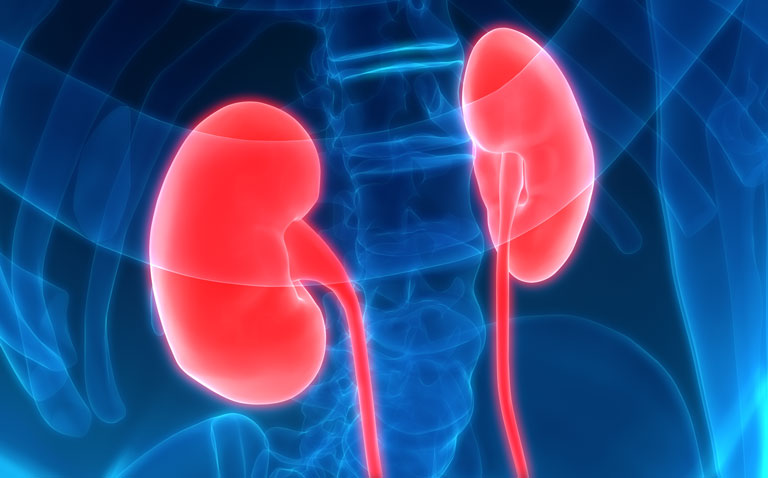The risk of diabetic kidney disease is increased by higher serum urate levels, so could reducing urate levels with allopurinol slow the decline in kidney function was the question posed in this recent randomised trial by a team from the Joslin Diabetes Centre, Boston, USA.
The study included 530 type 1 diabetic patients (mean age 51 years) who had the condition for an average of 34.6 years. All patients had early-to-moderate diabetic kidney disease and a serum urate level of at least 270micromol/litre and were randomised to allopurinol 100mg daily or placebo for a period of 3 years with an additional 2-month wash-out period at the end of the study.
In addition, during a 9-week run-in period, patients received the equivalent of 10mg ramipril or 300mg Irbesartan to achieve a blood pressure of no higher than 140/90 mmHg. The primary outcome was the change in glomerular filtration rate (GFR) after 3 years plus the 2-month wash-out period at the end of the trial.
Mean serum urate levels decreased from 6.2 to 3.1mg/decilitre in the allopurinol group but remained unchanged in the placebo group and there was a non-significant mean change in GFR levels of -3ml with allopurinol and -2.5ml in the placebo group.
The authors reported no differences in adverse effects between the two groups.
Reference
Doria A et al. Serum urate lowering with allopurinol and kidney function in type 1 diabetes. N Engl J Med 2020;382(26):2493-503.










